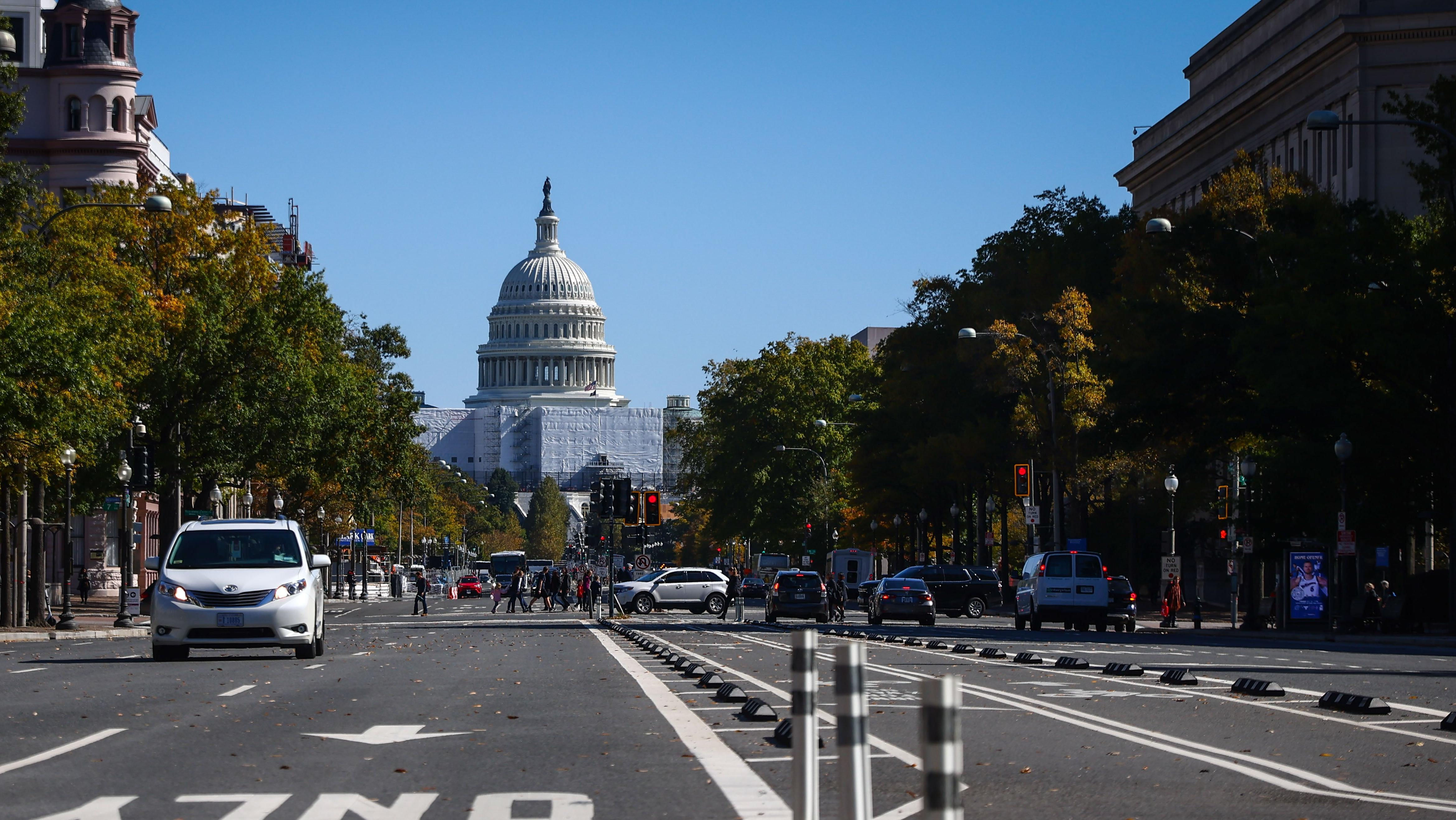Persistent Speeders In D.C. Could Have Limiters Installed On Their Cars For Life
It will also be illegal for offenders to drive any vehicle without an Intelligent Speed Assistance system.
Washington D.C. could be headed to a drastic reimagining of what road safety looks like. The D.C. Council passed a $77 million traffic legislative package that will allow the District to install speed governors in vehicles of drivers convicted of serious speeding crimes. The bill would also grant powers to punish drunk drivers more harshly as well as better go after out-of-district drivers with unpaid traffic tickets. The last remaining roadblock is official approval from the mayor and U.S. Congress.
The Intelligent Speed Assistance Program would be mandatory for aggravated reckless driving offenders who have their license suspended, the Washington Post reports. First-time offenders will be forced to spend a year with a speed governor installed in their car and pay for the pleasure themselves. However, D.C. will cover the first year for low-income drivers. Each subsequent conviction would add an additional year to the mandated term in the program, up to three years.
Four-time offenders will see a governor installed on their vehicle indefinitely. There's no way around it if they want to continue driving in the nation's capital because it's also illegal for drivers in the program to operate a vehicle without a governor.
As the name implies, the program relies on Intelligent Speed Assistance systems, which use onboard cameras and satellite navigation to detect the road's posted speed limit and restrict the vehicle accordingly. The bill doesn't specify how restrictive the District's system will be. The National Transportation Safety Board has recommended that manufacturers install this modern safety system on all new vehicles sold in the United States, as is already the case in the European Union. But again, it's only a recommendation.
